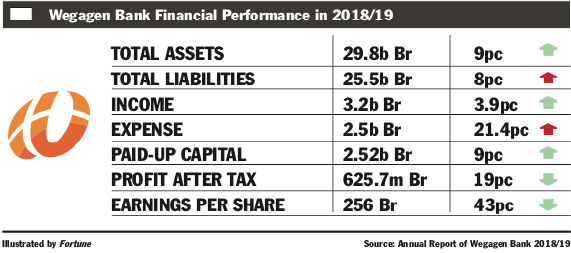
Fortune News | Feb 22,2020
Feb 24 , 2024
By Kidist Yidnekachew
I am greeted by the sight of numerous women lining the streets upon returning home from work each day. Their offerings range from fresh produce to aromatic spices, frankincense and exquisitely crafted handiwork such as hats and tablecloths.
My interaction may be limited to frequent glances with purchase plans usually not coinciding; but my attention is drawn to mothers stationed by the roadside, deftly balancing childcare responsibilities while roasting or boiling corn. They work tirelessly to provide and showcase a remarkable strength, as their husbands engage in hazardous and physically demanding occupations. There are some selling nearly spoiled fruit, with desperate or hungry souls opting to purchase these items for a meagre sum.
One day, I came across a woman selling vegetables. Seated on the ground, she offered me collard greens. Although I recently bought some, her persistence and alluring me to buy one and get one free, I decided to make a purchase. She was grateful. She insisted on gifting me some chillies and kale as a gesture of thanks, but I declined. What she had already given was more than sufficient.
Yeshi, as she introduced herself, opened up about her husband's illness and subsequent job loss, revealing the difficulties they faced in providing for their family of four. Her determination left me contemplating the strength of women like her who persevere in the face of adversity.
While the corporate world may value success in financial statements, for women like Yeshi, it is measured in their ability to provide for their loved ones. Each sale represents a triumph that transcends mere profit margins, reaching the very heart of their family's welfare. Their livelihood depends on the unpredictable flow of customers, with each unsold item representing a missed opportunity to put food on the table.
Street vendors play a vital role in informal economies. They are the go-getters, the resourceful entrepreneurs who navigate a reality filled with limited opportunities, constant harassment and uncertain livelihoods.
Unfortunately, the path towards this grim reality is paved with neglect. Restrictive regulations often label them as criminals instead of acknowledging their contributions, pushing them to the fringes of society. Without designated vending zones, they are left with no option but to occupy unsafe and unsanitary spaces, making them susceptible to harassment and extortion. The lack of access to basic infrastructure hinders their ability to maintain hygiene and product quality while the constant burden of unofficial payments to law enforcement depletes their already meagre profits.
The consequences go far beyond affecting individual lives. It not only leads to social issues like begging and crime but also undermines public safety and erodes their trust in authorities. The stagnation of the informal economy, which contributes significantly to GDP and employment, hampers overall economic growth while diminishing the contributions of street vendors.
However, forward-thinking policymakers can change this trajectory by recognising the immense potential of street vendors and implementing supportive measures. By formalising the sector through inclusive policymaking, such as establishing designated vending zones, simplifying licensing procedures and providing accessible training programs, improvements can be made in terms of hygiene, safety, and business management.
Investing in market infrastructure, including sanitation facilities and shared storage units, not only enhances working conditions but also raises the quality of products. Collaborating with microfinance institutions to offer affordable loans empowers vendors to invest in their businesses, ultimately leading to long-term growth and sustainability.
These vendors are unsung heroes who hold their communities together. Their existence is a delicate balance, with each sale breathing life into their businesses and each unsold product posing a threat to their survival.
I realised that choosing to support them is not just purchasing a piece of produce but a contribution to their sustenance. Our decision has the power to create an impact – a meal on a child's plate.
PUBLISHED ON
Feb 24,2024 [ VOL
24 , NO
1243]


Fortune News | Feb 22,2020
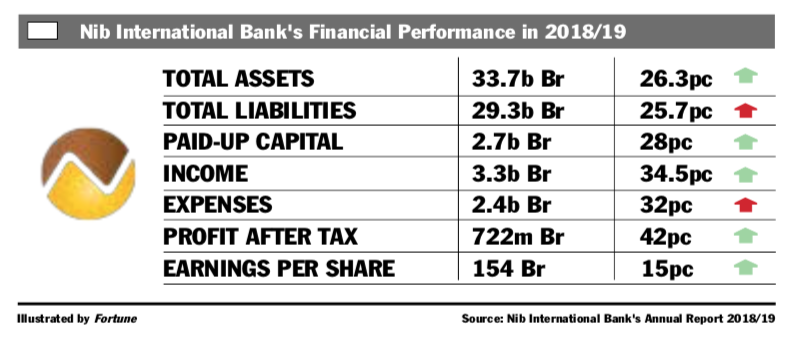
Fortune News | Mar 07,2020

Year In Review | Jan 02,2024

Sunday with Eden | Aug 10,2024
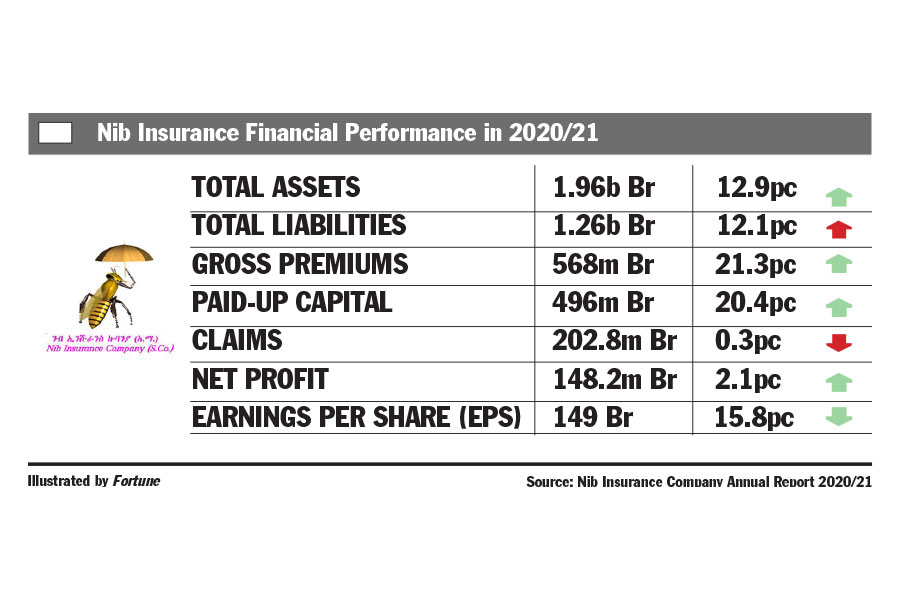
Fortune News | Jan 01,2022

Fortune News | Feb 13,2021
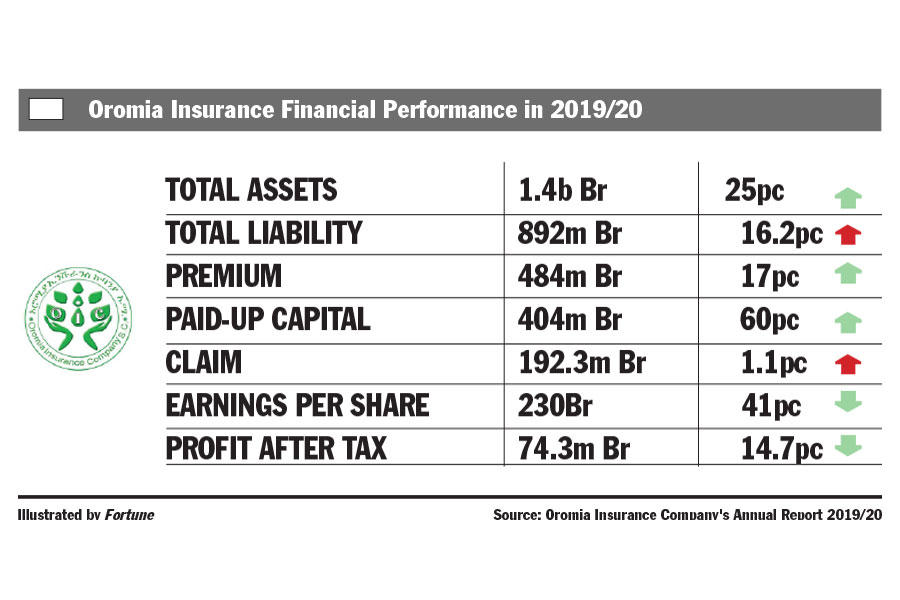
Fortune News | Jan 09,2021

Commentaries | Dec 31,2022
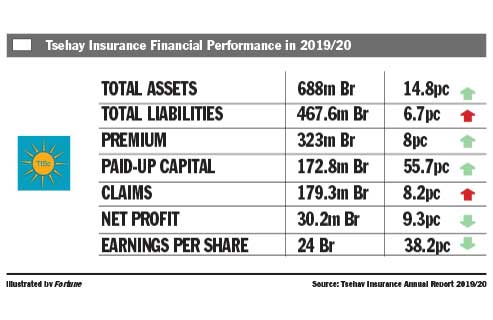
Fortune News | Feb 13,2021
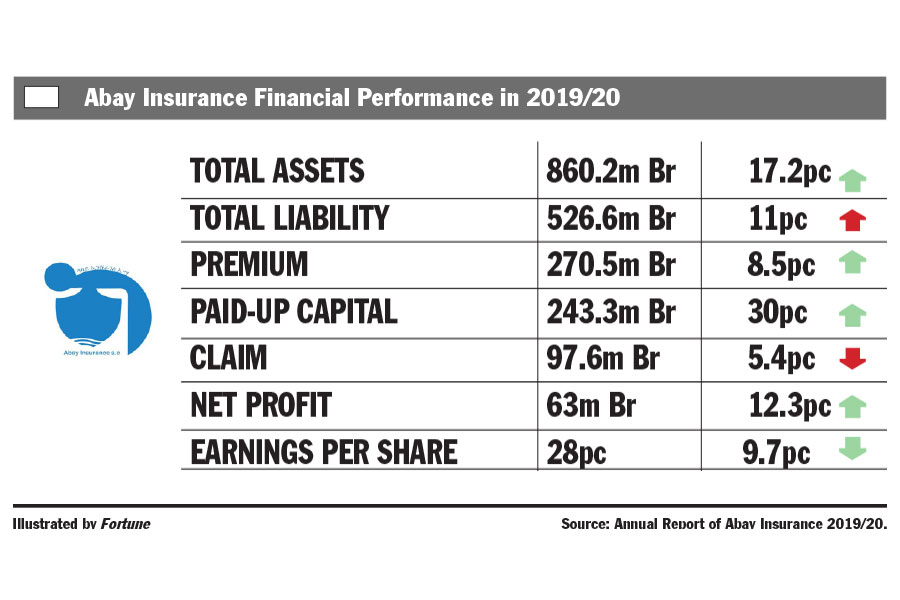
Fortune News | Jan 16,2021

Photo Gallery | 178433 Views | May 06,2019

Photo Gallery | 168633 Views | Apr 26,2019

Photo Gallery | 159438 Views | Oct 06,2021

My Opinion | 137076 Views | Aug 14,2021
Commentaries | Oct 25,2025

Dec 22 , 2024 . By TIZITA SHEWAFERAW
Charged with transforming colossal state-owned enterprises into modern and competitiv...

Aug 18 , 2024 . By AKSAH ITALO
Although predictable Yonas Zerihun's job in the ride-hailing service is not immune to...

Jul 28 , 2024 . By TIZITA SHEWAFERAW
Unhabitual, perhaps too many, Samuel Gebreyohannes, 38, used to occasionally enjoy a couple of beers at breakfast. However, he recently swit...

Jul 13 , 2024 . By AKSAH ITALO
Investors who rely on tractors, trucks, and field vehicles for commuting, transporting commodities, and f...

Oct 25 , 2025
The regulatory machinery is on overdrive. In only two years, no fewer than 35 new pro...

Oct 18 , 2025
The political establishment, notably the ruling party and its top brass, has become p...

Oct 11 , 2025
Ladislas Farago, a roving Associated Press (AP) correspondent, arrived in Ethiopia in...

Oct 4 , 2025
Eyob Tekalegn (PhD) had been in the Governor's chair for only weeks when, on Septembe...

Oct 25 , 2025 . By YITBAREK GETACHEW
Officials of the Addis Abeba's Education Bureau have embarked on an ambitious experim...

Oct 26 , 2025 . By YITBAREK GETACHEW
The federal government is making a landmark shift in its investment incentive regime...

Oct 29 , 2025 . By NAHOM AYELE
The National Bank of Ethiopia (NBE) is preparing to issue a directive that will funda...

Oct 26 , 2025 . By SURAFEL MULUGETA
A community of booksellers shadowing the Ethiopian National Theatre has been jolted b...